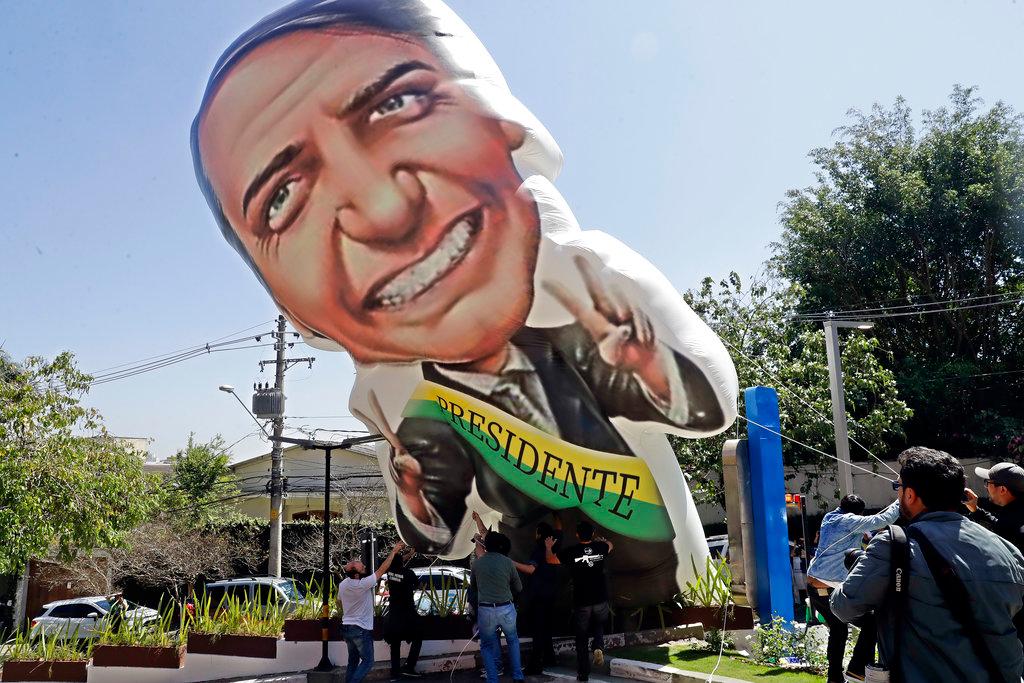SAO PAULO—The stabbing of a leading Brazilian presidential candidate jolted an already wildly unpredictable campaign to lead Latin America’s largest nation, with doctors saying Sept. 7 that Jair Bolsonaro will be hospitalized for at least a week.
Supporters of the right-wing congressman who wants to crack down on crime said the attack would only boost his chances in next month’s election, but it was unclear when he would be able to return to campaigning in person.





